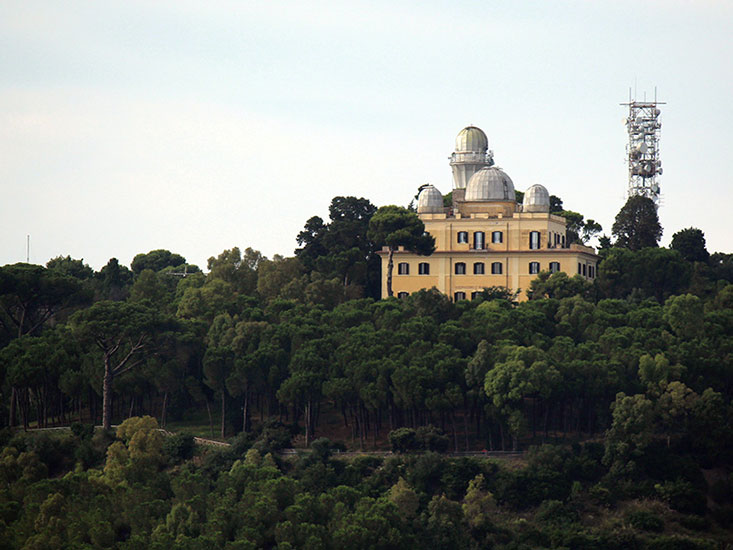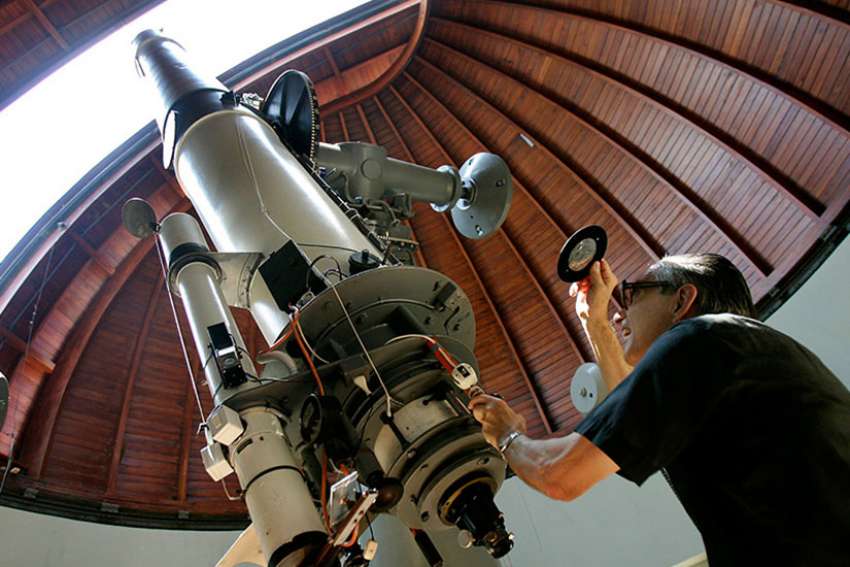The Pope sent a personal greeting on Friday (May 12) to astronomers, cosmologists and other researchers discussing black holes, gravitational waves and assorted scientific questions at the Vatican Observatory at Castel Gandolfo outside Rome.
Francis said issues such as the beginning of the universe and its development, as well as the “profound structure" of space and time "concern us deeply."
“It is clear that these questions have a particular relevance for science, philosophy, theology and for spiritual life,” the Pope said.
“They represent an arena in which these different disciplines meet and sometimes clash.”
The 35 conference participants included Gerald 't Hooft, the 1999 Nobel laureate in physics from the Netherlands, British mathematician Sir Roger Penrose, who won the 1988 Wolf Prize in Physics and Renata Kallosh, a theoretical physicist and professor at Stanford University.
“I encourage you to persevere in your search for truth,” the Pope said. “For we ought never to fear truth, nor become trapped in our own preconceived ideas, but welcome new scientific discoveries with an attitude of humility.”
Brother Guy Consolmagno, the MIT-educated, Jesuit director of the Vatican Observatory, said on Monday that faith and science are not opposed to each other.
“God is not a scientific explanation,” Consolmagno told RNS. “If you are using God instead of science to explain what happens in the world you are talking about the gods of the Romans and Greeks.
“We believe in a God that creates outside space and time and shows us everything he did. We experience God as a person, as a god of love.”
The Vatican Observatory was established by Pope Leo XIII in 1891 to show that the church supported science. The weeklong conference was held in honour of the Belgian Catholic priest and cosmologist, Monsignor Georges Lemaitre, who is credited with the big-bang theory about the creation of the universe.
 The Vatican Observatory near Rome in 2014. (Photo courtesy of Creative Commons/Victor R. Ruiz)
The Vatican Observatory near Rome in 2014. (Photo courtesy of Creative Commons/Victor R. Ruiz)

